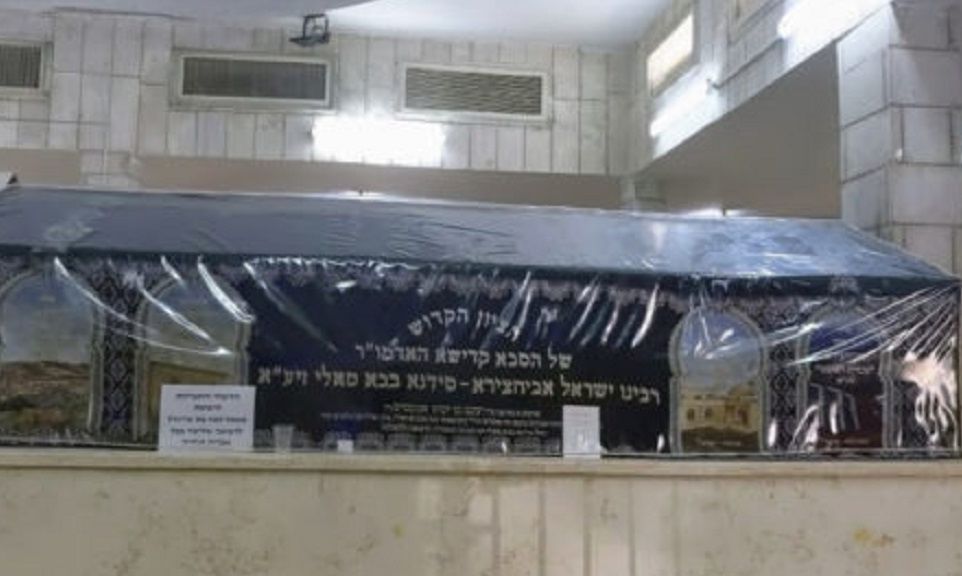
Baba Sali’s Minyan
The holy Baba Sali, who departed from this world on 4 Shvat, teaches that we must be especially cautious in our relationships with our fellow man...

We must be especially cautious in our relationships with our fellow men, exercising great care in everything we do and speak. It’s easy to get along with Hashem, but it’s not always easy to get along with and placate other people.
The Code of Jewish Law (Shulchan Aruch, Orach Chaim, Ch. 606) states: Yom Kippur does not atone for the sins committed between man and fellow man until the aggressor makes amends with the victim. Even if he harmed him in a verbal manner, in other words, without physical aggression, even a few insulting words, the aggressor must make amends with the victim. If the victim refuses to forgive, the aggressor must ask forgiveness a second and third time. Each time, he should take three people with him and say, “Please accompany me in my effort to placate so-and-so.” These three people should help convince the victim to accept the aggressor’s apology. If he doesn’t accept the apology, the aggressor should approach him with three different escorts. If the victim still does not agree to forgive, the aggressor is henceforth exempt and need not beg the victim for forgiveness any further, for he has fulfilled his obligation.
Every person should assess him/herself as to whether they have harmed any other human being in any way. They should write this down in a notebook – what they did and whom they harmed. They should pray for divine assistance in making amends. People who work with the public, such as judges, police, lawyers, city inspectors and the like and easily evoke animosity from other people should be especially careful in their dealings with others. They too must atone for hurting people, even if they did so in the line of duty. Teachers and other education professionals also must be extremely careful not to insult or embarrass a pupil. If they do, they are required to make amends. One tzaddik once commented that 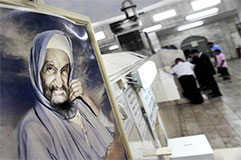 perhaps the reason behind so many single teachers, seminary graduates who haven’t been able to find a suitable soul-mate, is because they have insulted a pupil in some way.
perhaps the reason behind so many single teachers, seminary graduates who haven’t been able to find a suitable soul-mate, is because they have insulted a pupil in some way.
Rabbi Moshe Moyal once told me that when he visited the Baba Sali, at evening prayer time, they were lacking a tenth man for the minyan, or prayer quorum. After waiting for a long while, a tenth man arrived. Those present whispered to the Baba Sali, “Rabbi, we can start praying now.”
The Baba Sali answered, “Don’t interfere in my minyan.” Only after an eleventh person arrived, did the holy rabbi agree to begin prayers.
When the prayers were over, Rabbi Moyal asked the Baba Sali, “Honorable Rabbi, why didn’t you begin praying when we had ten men?”
Replied the Baba Sali, “The tenth man who arrived is an argumentative person who frequently curses people; he therefore cannot be counted in a prayer quorum.” We learn from here that a person who is full of strife and contempt for others chases away the Divine Presence.
A person must assess himself daily and confess to every bad word that came out of his or her mouth. Only then, can he cleanse himself. Clearly, every day, we take out the trash and empty the garbage pail. Why is one’s house more important than one’s soul? Self-assessment, confession and teshuva, or penitence, is our daily trash-removal from the soul. Even if we ask forgiveness from someone in a less than perfectly sincere fashion, it is nonetheless worthy for it shows that we admit our mistakes and are not trying to hide them.




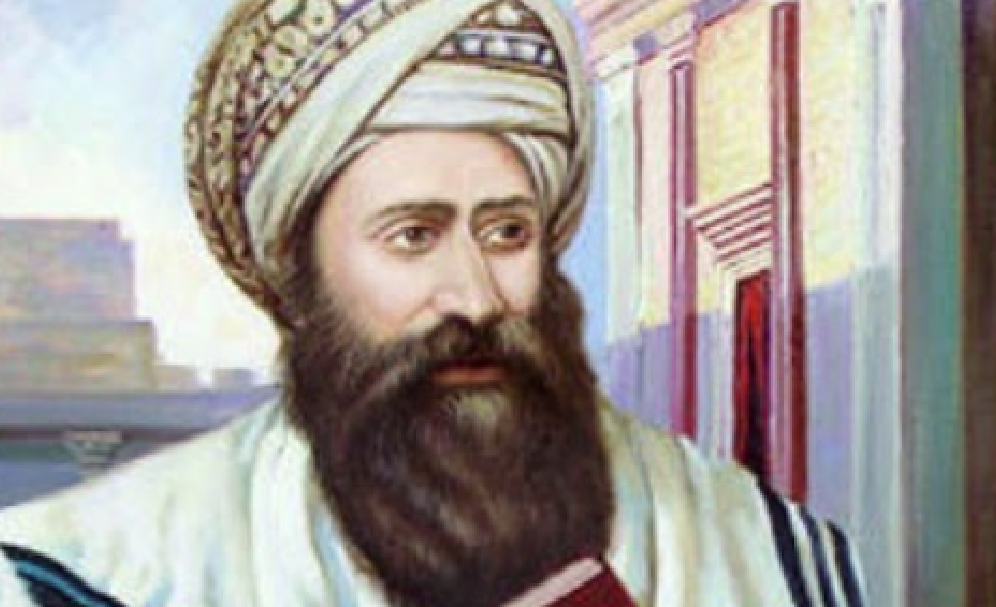
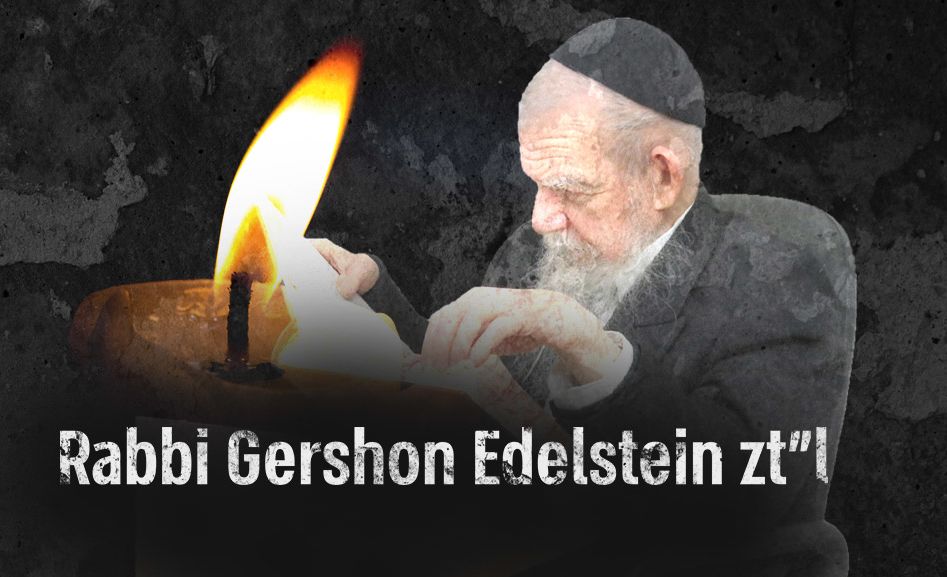
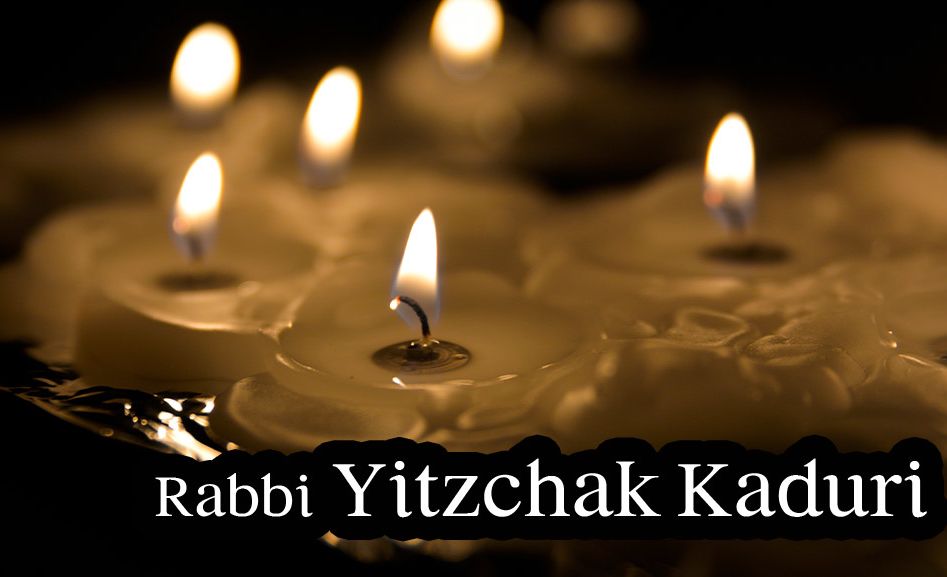
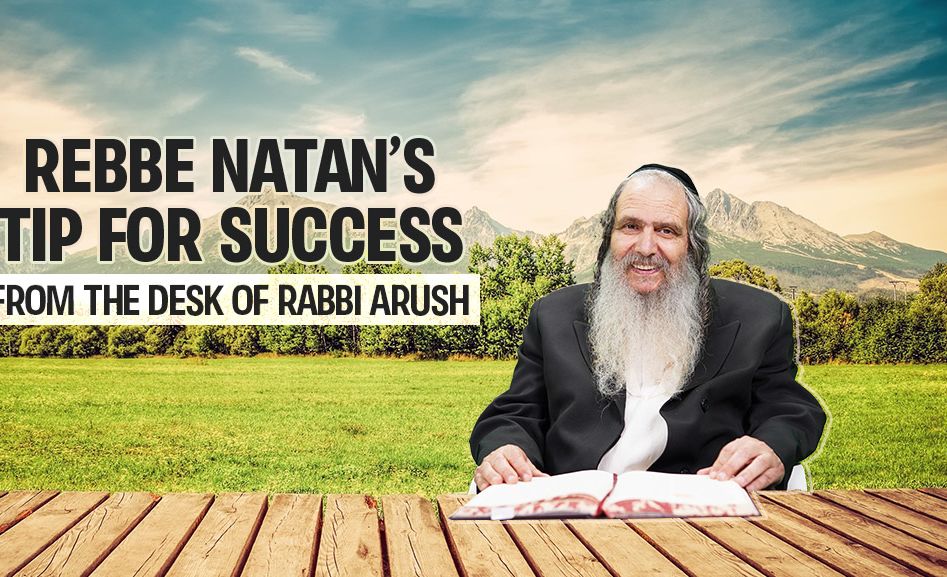
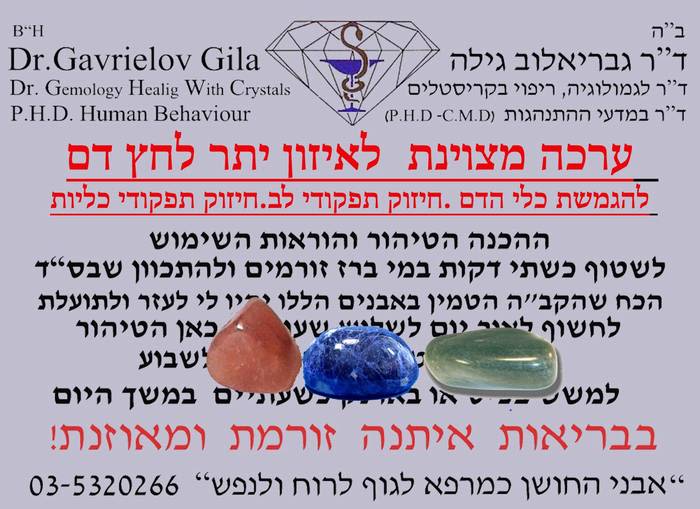
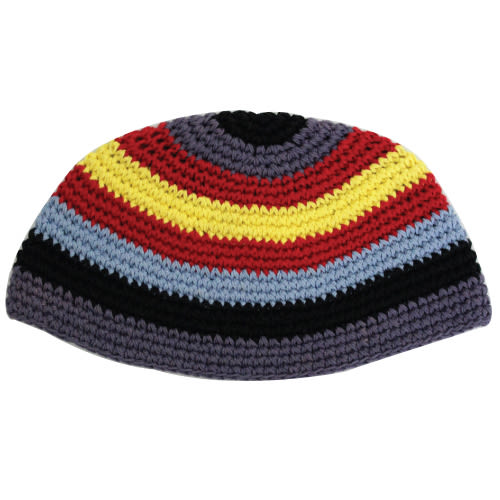
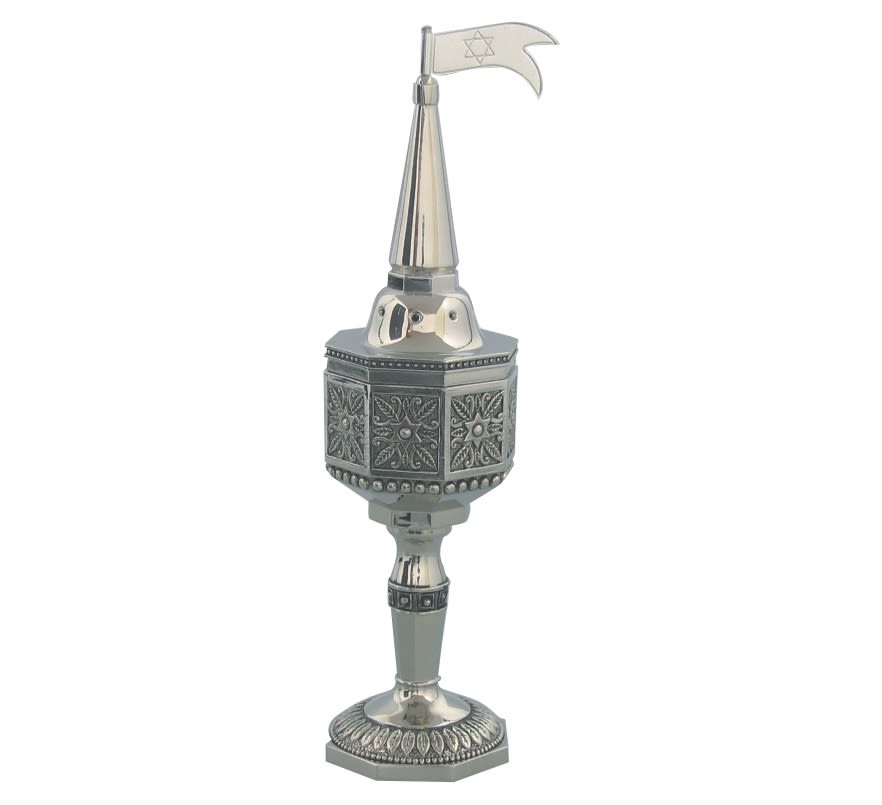

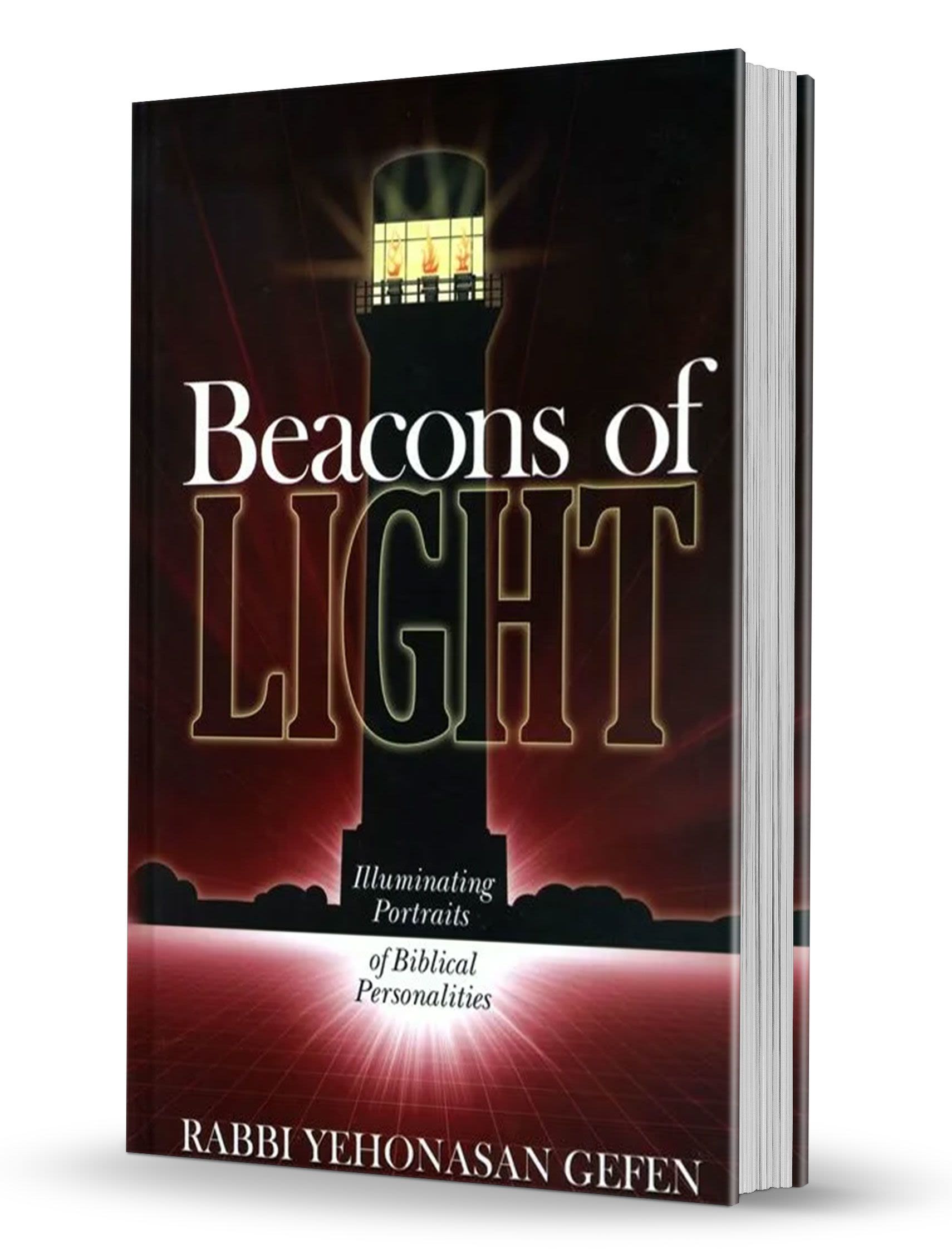
Tell us what you think!
Thank you for your comment!
It will be published after approval by the Editor.